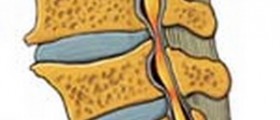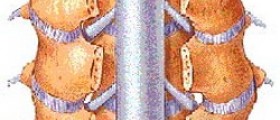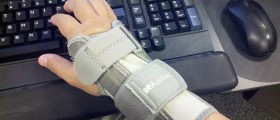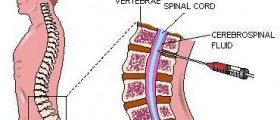
How to Recognize Neck Nerve Damage?
Damage to the cervical nerves may cause various symptoms, depending on the location of the damage. Most patients complain about painful sensations, weakness and numbness and respiratory problems. In some cases, people may experience loss of sensations or lack of control of their excretory organs because of cervical nerve damage.
When someone damages the neck and neck nerves, pain may be felt in the same area or somewhere else in the body. Patients can suffer from the pain in their shoulders or arms, their chest or their back, even. The type of pain may also vary from sharp and shooting to dull and throbbing and it can also be accompanied with stiffness, spasms or swelling in the muscles. Many times, these patients complain about generalized weakness of the body. Although the most common areas of weakness are the shoulders, hands, elbows, wrists and fingers, it is not unusual to notice some weakness in the body or the legs.
Patients may experience tingling and numbness in the neck, shoulders or arms as the result of neck nerve damage, as well as in the upper back.
Some of the more severe complications of the cervical nerve damage are respiratory problems, which may cause breathing difficulties to the affected person. Cervical nerves are also responsible for the functioning of the bladder and the intestines, so any nerve damage may cause loss of control over these organs. Men are also prone to erectile dysfunction because of the neck nerve damage.
Treatment Possibilities
If you happen to experience neck pain you may try to relieve it with some cold and heat compression to that area of the body. Your doctor may prescribe painkillers for the pain or in serious cases some narcotic medications or corticosteroid injections. Muscle spasms can be relieved with muscle relaxant drugs.
Other available options may include: massage, physical therapy or ultrasound treatment. Cervical nerve damage may also be surgically treated, if the situation becomes extremely severe for the patient.


-Causes,-Symptoms,-Diagnosis,-Treatment_f_280x120.jpg)














Your thoughts on this
Loading...